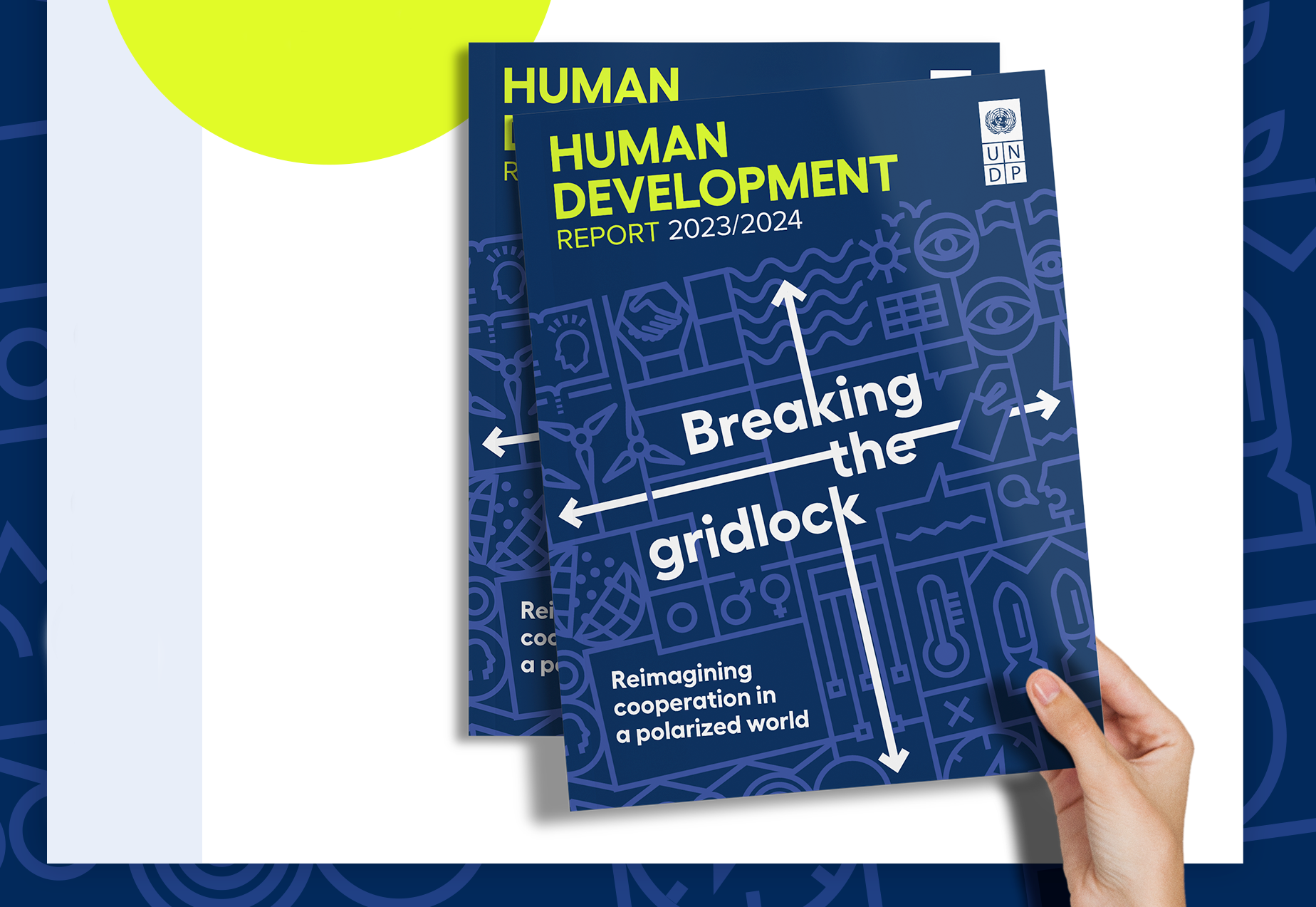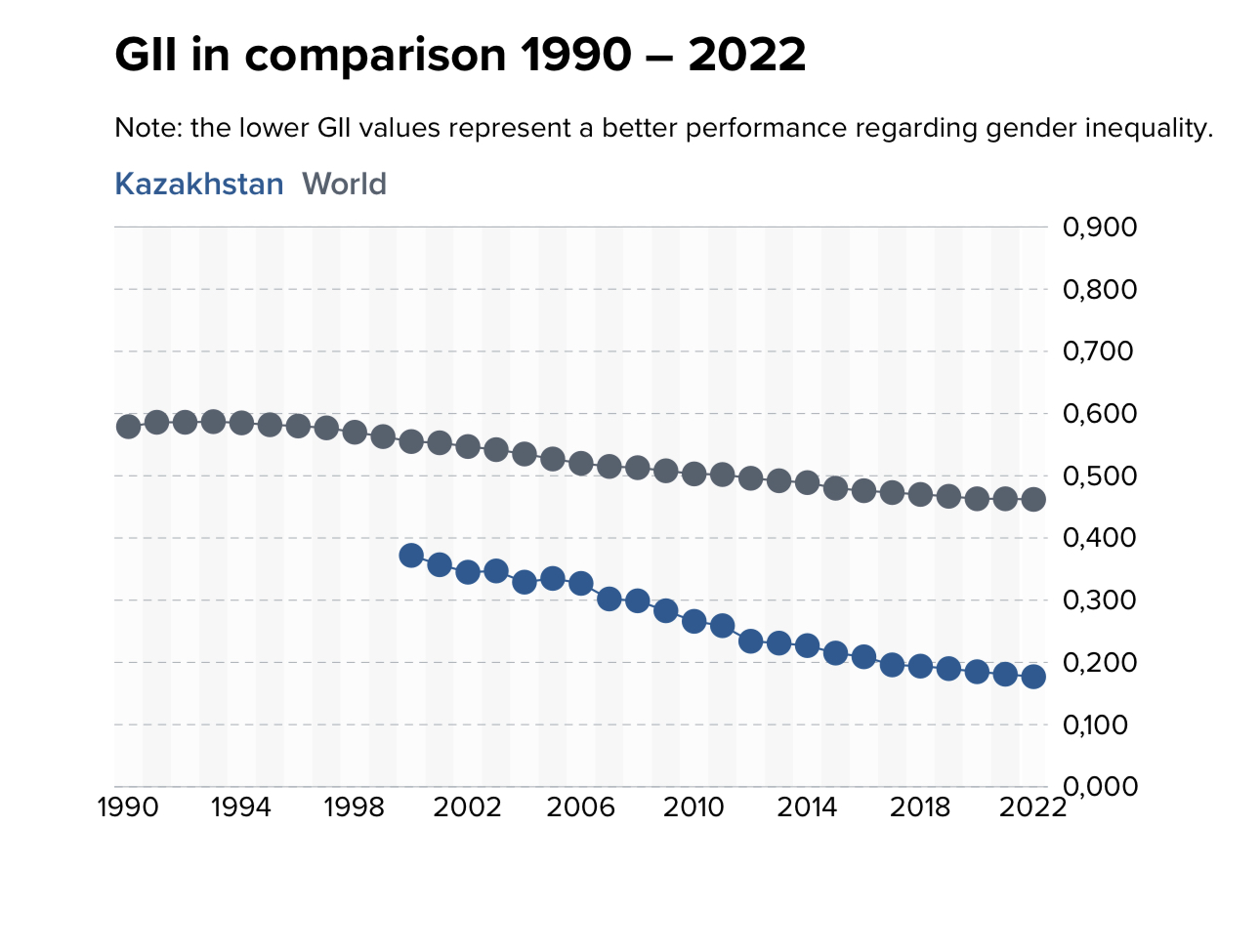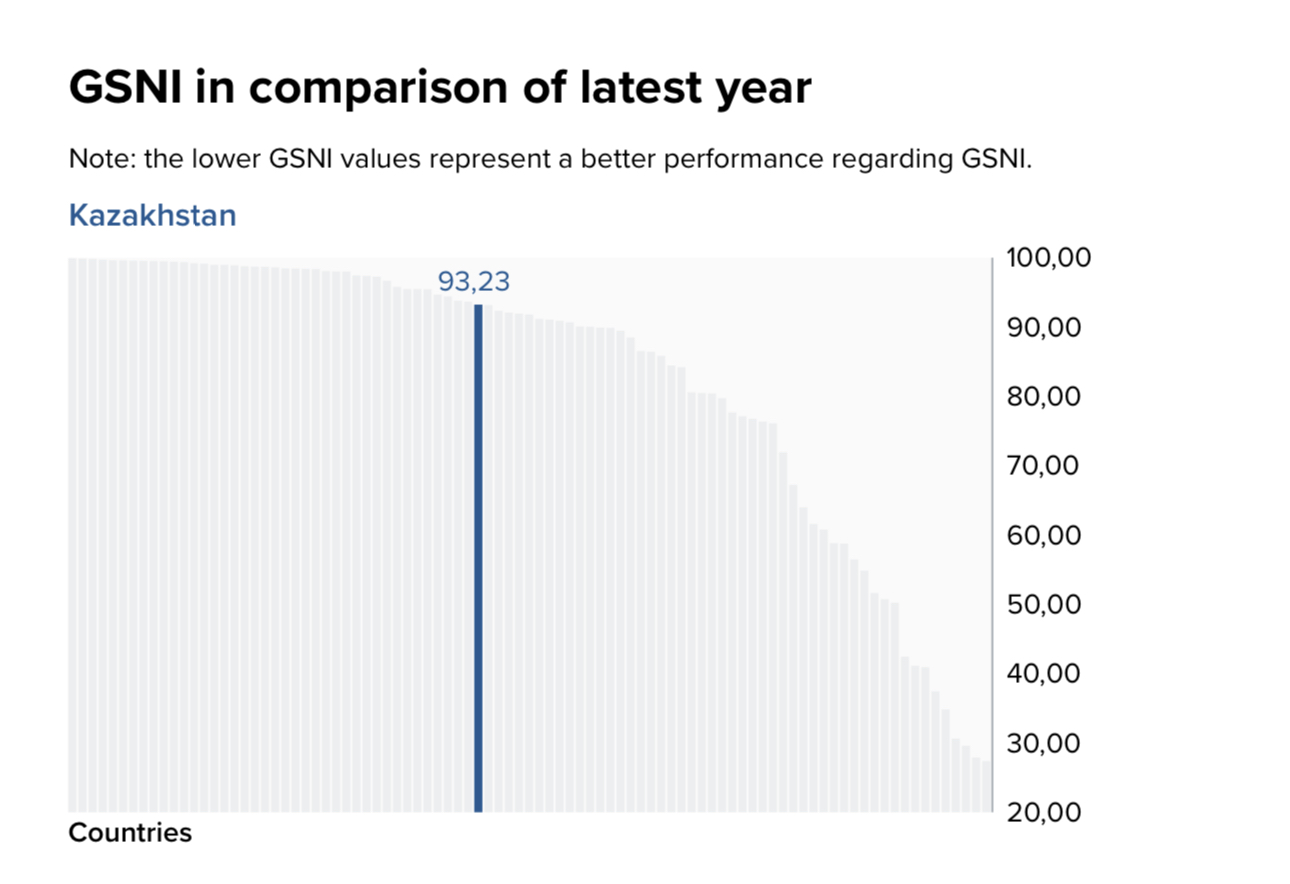ASTANA—Kazakhstan entered the Very High human development category, securing the 67th position out of 193 countries and territories globally, according to a recent report by the United Nations Development Programme (UNDP) released on March 13.

Photo credit: UNDP
HDI overview
The country reached a Human Development Index (HDI) value of 0.802 in 2022, a notable leap in its HDI value from its 1990 value of 0.672, marking a remarkable 19.3% increase. The HDI, a comprehensive measure assessing achievements in health, education, and living standards, reveals Kazakhstan’s steady advancement.

Photo credit: UNDP in Kazakhstan
Key metrics
From 1990 to 2022, Kazakhstan witnessed notable improvements across key metrics. Life expectancy at birth increased by 4.6 years, expected years of schooling rose by 2.6 years, and mean years of education escalated by 4.9 years. Kazakhstan’s Gross National Income (GNI) per capita soared by nearly 61.7% between 1990 and 2022.

Photo credit: UNDP in Kazakhstan
Gender disparities
Despite overall progress, gender disparities persist. The Gender Development Index (GDI) underscores these gaps, measuring gender differences in health, education, and living standards. In 2022, Kazakhstan’s GDI value stood at 0.998, with females slightly trailing males, highlighting the need for continued efforts to address gender imbalances.
Inequality and social norms
Further analysis reveals a nuanced picture of inequality and social norms. The inequality-adjusted HDI (IHDI) accounts for disparities in human development across different segments of society. In Kazakhstan, inequality diminishes the HDI by 8.5%, underscoring the imperative of inclusive development policies.

Photo credit: UNDP in Kazakhstan
Meanwhile, the Gender Inequality Index (GII) and Gender Social Norms Index (GSNI) shed light on gender disparities in reproductive health, empowerment, labor market participation, and social beliefs. Kazakhstan’s GII value of 0.177 positions it favorably, yet challenges persist, particularly in addressing societal norms affecting gender equality and women’s empowerment.
Multidimensional poverty and planetary pressures
The Multidimensional Poverty Index (MPI) delves beyond income, highlighting deprivations in health, education, and standard of living. The report states that efforts to combat multidimensional poverty in Kazakhstan remain crucial to ensure holistic development for all segments of society.
Lastly, the Planetary Pressures-adjusted HDI (PHDI) underscores the importance of environmental sustainability in human development. According to the report, as Kazakhstan navigates development pathways, mitigating planetary pressures remains paramount to safeguarding intergenerational well-being.
The UNDP report titled Breaking the Gridlock: Reimagining Cooperation in a Polarized World sheds light on the evolving landscape of human development in countries worldwide. It underscored the global challenges of uneven progress, exacerbated inequalities, and political polarization.
